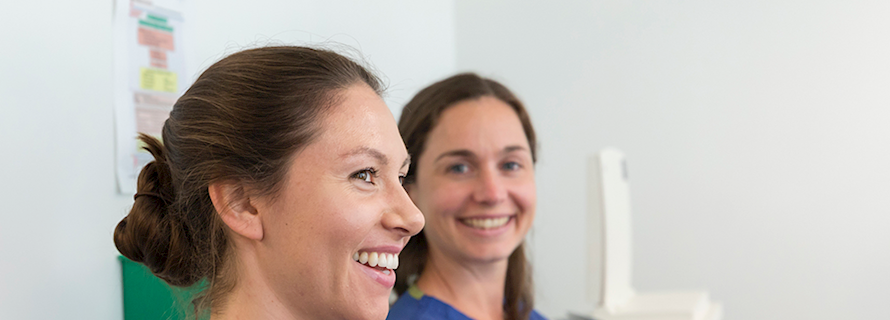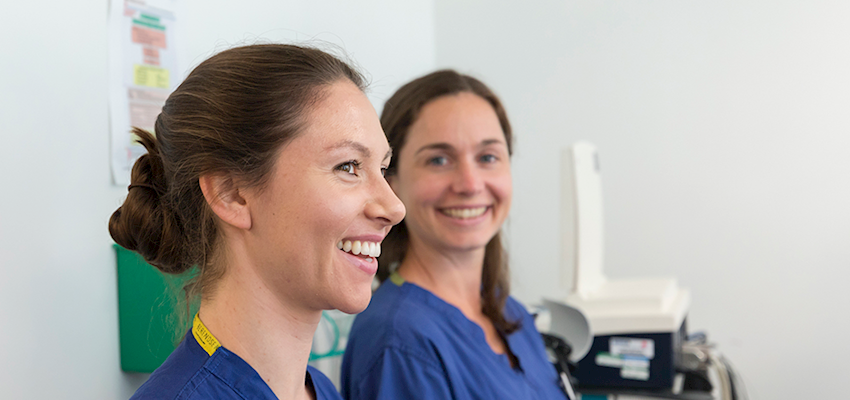Sphygmocor test
Sphygmocor pulse pressure monitoring
A test to obtain important cardiovascular data that cannot be obtained from traditional blood pressure measurements
What is pulse pressure monitoring?
This is a test for measuring blood pressure and arterial stiffness, which is an indicator of heart disease and vascular disease.
It detects any elevated risk for sudden cardiovascular events such as a heart attack or stroke. The test can help to identify whether you have hypertension (high blood pressure).
It detects any elevated risk for sudden cardiovascular events such as a heart attack or stroke. The test can help to identify whether you have hypertension (high blood pressure).
Need to know
-
What happens during a sphygomocor test? icon plus
You will be asked to lie down and unbutton or take off your shirt. Your physiologist will then place several electrodes on to your chest. Your heart rate and rhythm will be recorded by electrocardiogram (ECG). Three measurements will be recorded via a simple probe applied to your wrist, neck and the top of your leg. -
How to prepare for your test icon plus
Wear a loose fitting shirt that gives your physiologist easy assess to your chest for attaching the electrodes. A button-up shirt is ideal. Your cardiologist will let you know if there is anything else that you can do to prepare. -
After your test icon plus
There are no side-effects or recovery time associated with this test. Once it has been completed you will be able to leave immediately. You will need to have a follow-up appointment with your cardiologist to discuss your results.
Our cardiac teams
Our cardiac departments are managed by cardiac specialist teams that include, cardiac physiologists, cardiac nurses and respiratory physiotherapists, who help support you during any diagnostics tests.
Our team of consultant cardiologists review the reports and will talk you through the results and your next steps.
Our team of consultant cardiologists review the reports and will talk you through the results and your next steps.




Our locations
From complex cardiothoracic surgery to diagnostic tests and procedures, we provide exceptional cardiac care across our network of hospitals, outpatient centres and specialist clinics.
Book an appointment
We're happy to help you make an appointment with one of our experienced cardiologists.
Call us today
020 7079 4344
This content is intended for general information only and does not replace the need for personal advice from a qualified health professional.